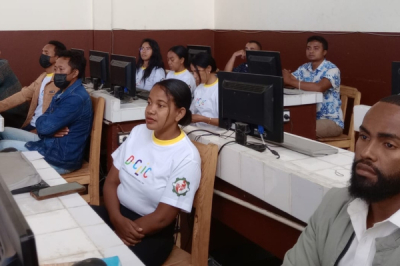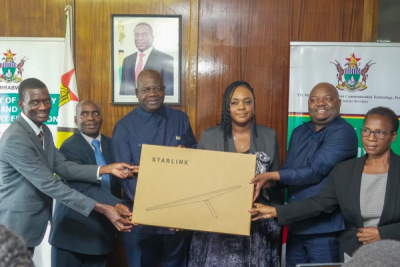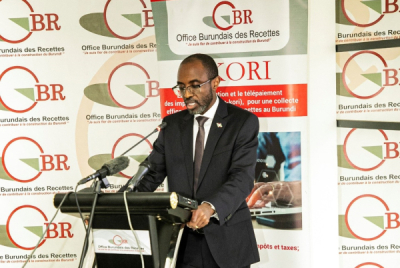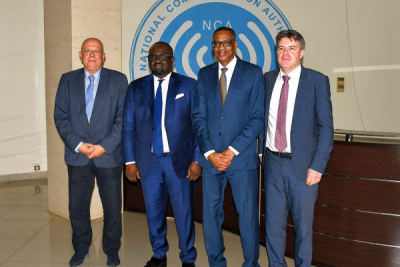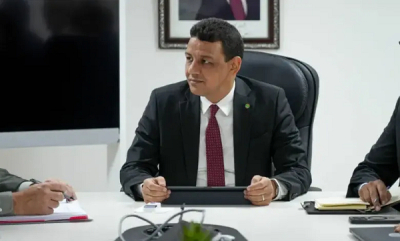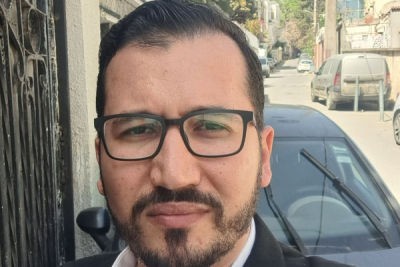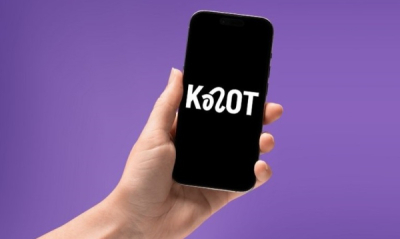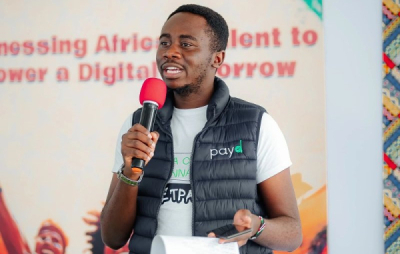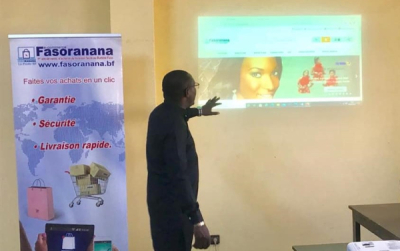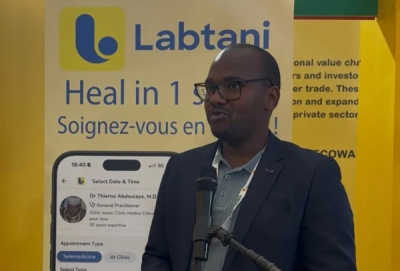- Digital Telecom, AS Datel partner on African land digitization
- E-cadaster to boost tax, transparency, and resource tracking
- Geospatial tech market in region set to hit $69.7B by 2030
Digital Telecom, an Abidjan-based subsidiary of Digital Afrique Telecom (DAT), announced a partnership on Wednesday, Oct. 22, with Estonia’s AS Datel, a geospatial technology firm. The agreement aims to deploy advanced satellite and digital cadastral solutions across Africa to modernize land management, detect illegal construction, and track illegal mining.
“By partnering with AS Datel, we are bringing world-class satellite and e-governance systems to Africa,” said Simplice Anoh, CEO of Digital Telecom. “This is more than just technology; it’s about empowering governments to protect their resources, ensure transparency, and increase revenue that can be reinvested in public services.”
The partnership focuses on deploying an advanced e-cadaster system — a centralized, fully digital platform that will integrate updatable cadastral maps, automated property tax modules, and tools to secure and manage data exchanges. The innovation will enable local and national authorities to maintain accurate property records, streamline tax collection, and improve transparency for citizens and investors.
Estonia’s AS Datel comes from a country renowned for its excellence in e-governance and secure digital systems. The company brings proven expertise in Geographic Information Systems (GIS) and Earth observation. For Digital Telecom and its parent company, the initiative aligns with African governments’ drive to modernize land systems, improve resource management, and strengthen fiscal transparency.
The project comes as the geospatial technology market rapidly expands in the region. According to Grand View Research, the sector in the Middle East and Africa is projected to reach $69.7 billion by 2030, driven by growing adoption of geolocation, remote sensing, and spatial analysis tools in agriculture, resource management, and urban planning.
Ultimately, the partnership is expected to transform how African authorities register assets, enforce property taxes, and combat illegal activities. By equipping states with reliable digital tools, it paves the way for more transparent governance, higher public revenues, and stronger protection of environmental resources.
Samira Njoya




